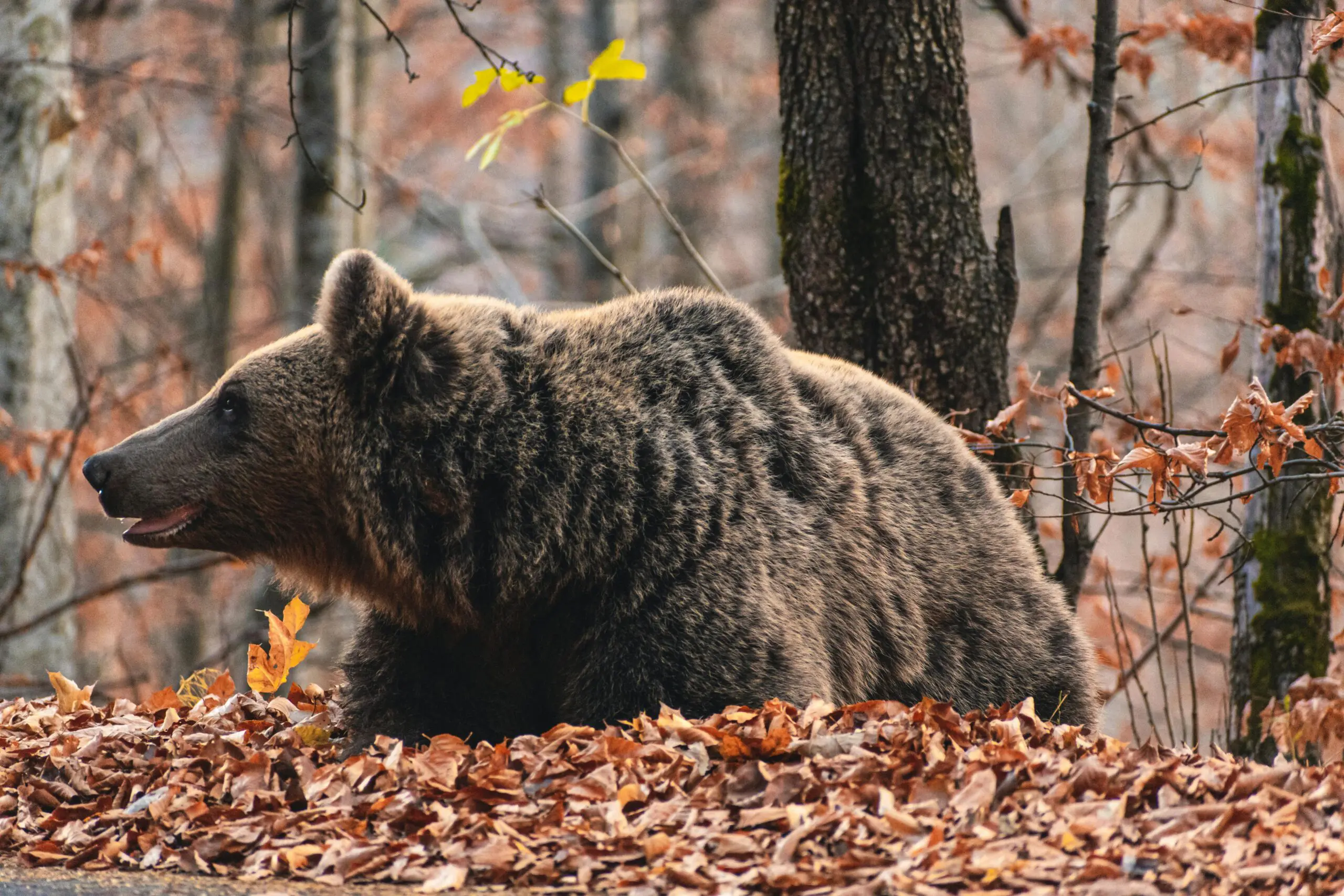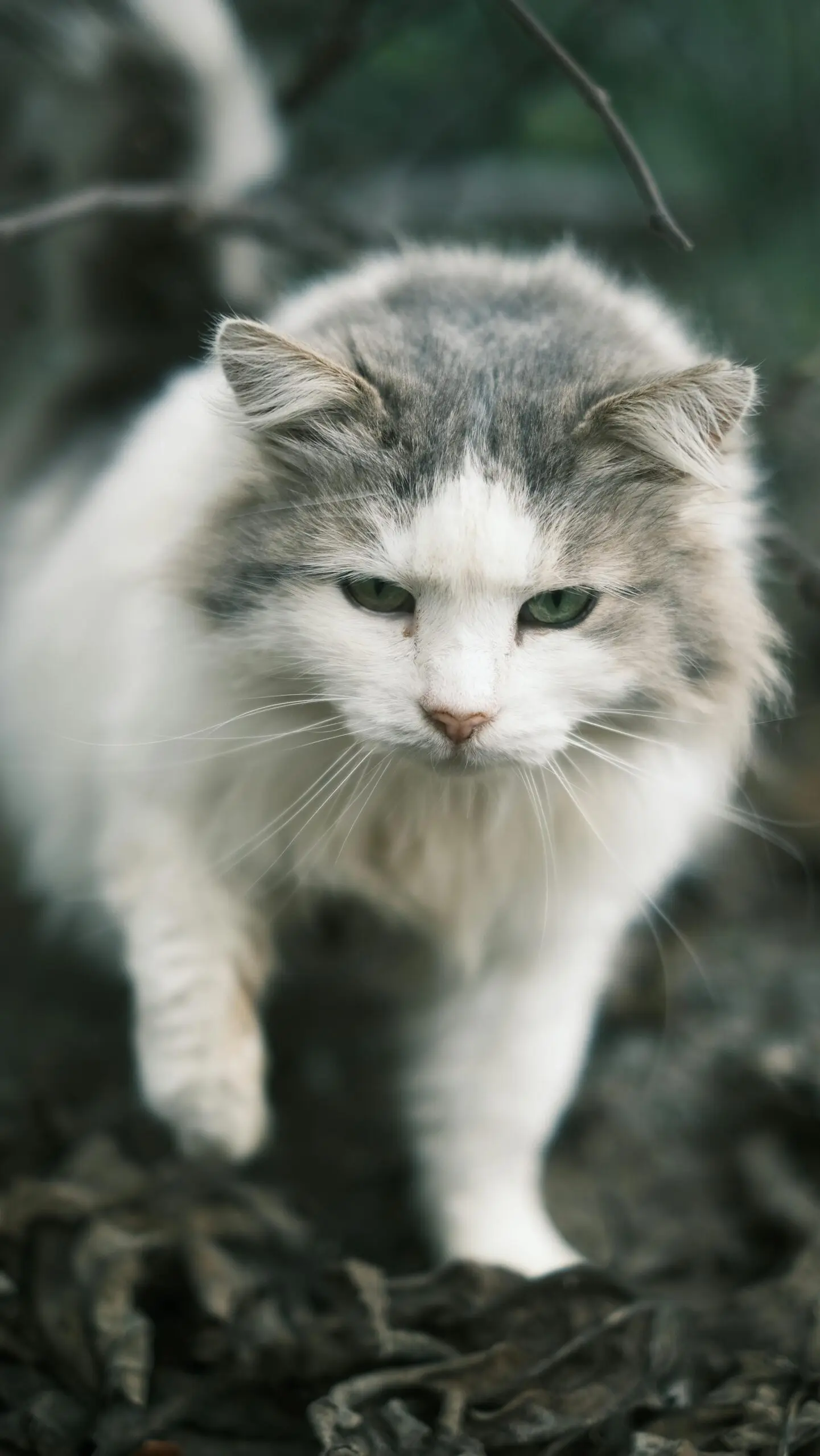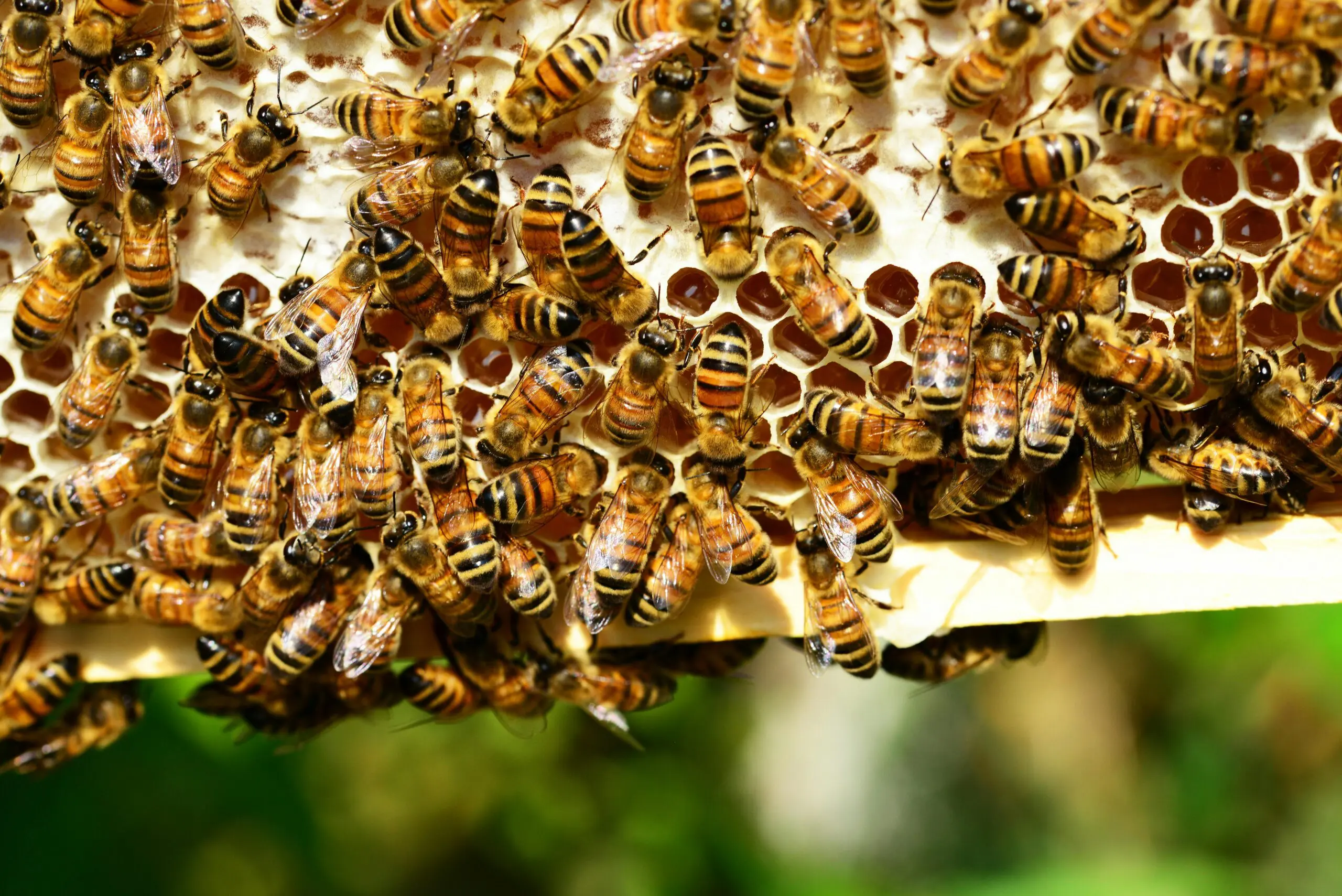Snakes are known both for their love of the sun and choosing warm and sunny places to bask, and for the fact that they themselves are called cold-blooded. Are cold-blooded animals colder in the winter than warm-blooded animals and how do snakes survive the winter?
The habitats of hissing reptiles in the summer are familiar to most people – you’ve probably heard: “Don’t walk in the grass or beware of stones heated by the sun, snakes can hide there”, but where these reptiles hibernate remains a little known fact to the general public .
What do snakes do in winter?
You certainly haven’t seen a snake in the winter, which makes you wonder if they’re actually hibernating. Reptiles, including snakes, stop feeding in winter, their activity drops dramatically, their metabolism slows down and they fall into a state close to hibernation. During this kind of hibernation, which is different from the hibernation of mammals, snakes do not sleep deeply, they use the milder winter days to come out of their burrows to the surface and look for water.
However, feeding does not resume until spring, when temperatures rise. Where do snakes hide in winter? Snakes are hypersensitive to the cold, and as temperatures drop, they seek a place underground to hide from surface temperature changes, snow, moisture and ice.
It is known that underground the temperature remains relatively constant and the reptiles are protected from the cold. Very rarely do snakes crawl out of their burrows in the winter when the weather is unseasonably warm to drink water. However, the first feeding after the beginning of the cold months for snakes is only in the spring. Their low activity and the fact that they slow down their metabolism helps them not need food during the winter months. Where snakes hide in winter depends on their habitat, continent, lifestyle and species, writes actualno.com.
Usually, and in the general case especially when we talk about snakes in our latitudes, among the preferred winter habitats and hiding places from the cold of these reptiles are abandoned rodent holes, cracks or holes in rocks, haystacks, tree roots, etc. And though the place is secluded and hidden, the snakes’ hibernation itself is far from secluded and lonely. A curious fact is that they do not winter alone, but in groups, forming a ball.
Fun facts about snakes in winter:
A curious fact about the hibernation of snakes is that, of all species of hissing reptiles, garden snakes are the first to wake up in the spring and the last to go to sleep in late autumn. This is due to their higher resistance to cold. They retain their vitality even at temperatures slightly lower than 14 degrees and fall asleep when the degrees permanently fall below 14. In our folk art, traditions and customs, a curious name has been preserved for one of the Saturdays in late autumn – snake Saturday – the day, in which snakes enter their burrows and shelters, form a ball and fall into hibernation, lasting until spring, when the warm rays of the sun will warm and awaken both the earth and the plants and the snakes.
Photo by Pixabay: https://www.pexels.com/photo/brown-2-snake-87428/







